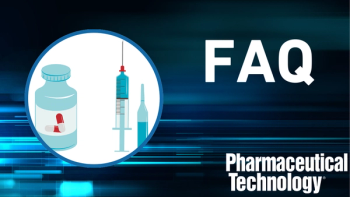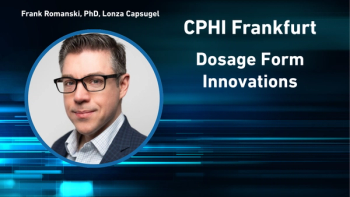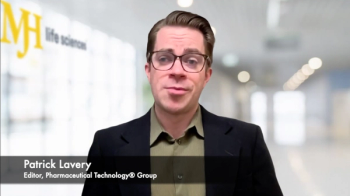
- Pharmaceutical Technology-06-02-2015
- Volume 39
- Issue 6
Industry Expert Q&A with David Fitzhenry
Pharmaceutical Technology spoke with David Fitzhenry about the costs of specialty drugs.
David Fitzhenry, managing partner at Trinity Partners
PharmTech: What are the reasons behind the increase in the cost of specialty drugs?
Fitzhenry: Specialty products treat more targeted populations, are prescribed by specialists, and usually treat higher unmet-need patient segments. Specialists are driven by clinical data, and if there is differentiation from existing alternatives, however nuanced, the product will be used. Additionally, a patient’s willingness to pay is much higher for unmet needs/severe conditions that affect survival or quality of life. These factors combine to limit the effectiveness of more traditional therapy choices/cost control tactics employed by payers, such as physician hassle factors (prior authorization, step edits, etc.) or cost burden shifting to patients (specialty tier).
PharmTech: How do these rising costs affect the industry as a whole?
Fitzhenry: The cost of specialty pharmaceutical products is one of the main driving forces in the consolidation of buying power that is ongoing in the pharmacy benefit manager (PBM) space. With the recent acquisition of Catamaran by United Health Group’s OptumRx, there are three players that control 70-80% of the PBM lives. Success is measured by how effectively they can manage specialty pharmacy spend, and with their purchasing power they will be focused on securing discounts across therapeutic categories. It is a fine line, however, between controlling spend and stifling industry innovation. One only needs to look at the ongoing crisis in infectious disease (and in particular antibiotic) innovation to see the cautionary tale for public health.
Competition is critical to price control. High prices unchecked only exist in monopolistic environments. The perfect storm that drove Sovaldi, and now Harvoni, to record-smashing sales won’t continue into the future now that clinically comparable alternatives are emerging and competitors are willing to trade on price. Future bellwether markets for specialty pharmacy costs that we are watching include the PD-1 and PDL-1 products in oncology, as well as the PCSK-9 antibodies for lowering cholesterol.
PharmTech: What are the biggest challenges in developing specialty drugs?
Fitzhenry: [One challenge is] finding the right combination of product, disease, and technical risk, while still being innovative enough to be relevant in the future market. Having a scientific competitive advantage prior to making Phase III bets is essential to long-term success. Another challenge is funding innovation. The cost of development is astronomical, and many 10-figure bets end up returning zero to the developers. Biogen recently announced that they are committing $2.5 billion to developing its Alzheimer’s disease product. Very few companies have the resources, the courage, or the investor support to take on this type of challenge. On the positive side, the funding environment for early innovation (venture backed, new IPOs, etc.) has never been better, and we are seeing breakthrough science being accomplished at small companies across the country.
Article DetailsPharmaceutical Technology
Vol. 39, No. 6
Pages: 66
Citation: When referring to this article, please cite it as “Industry Expert Q&A with David Fitzhenry,” Pharmaceutical Technology39 (6) 2015.
Articles in this issue
over 10 years ago
Another In-House Operation Gets Outsourcedover 10 years ago
Quality Systems Key to Lifecycle Drug Managementover 10 years ago
Designing Clean Zonesover 10 years ago
New Ways Around Hazardous Reagent Chemistryover 10 years ago
Unlocking the Vast Potential of PAT in Solid-Dosage Manufacturingover 10 years ago
Top Trends in Biopharmaceutical Manufacturing: 2015over 10 years ago
Preventing Common Mistakes in Automated Washingover 10 years ago
DPI Lab Mixer Increases EfficiencyNewsletter
Get the essential updates shaping the future of pharma manufacturing and compliance—subscribe today to Pharmaceutical Technology and never miss a breakthrough.




